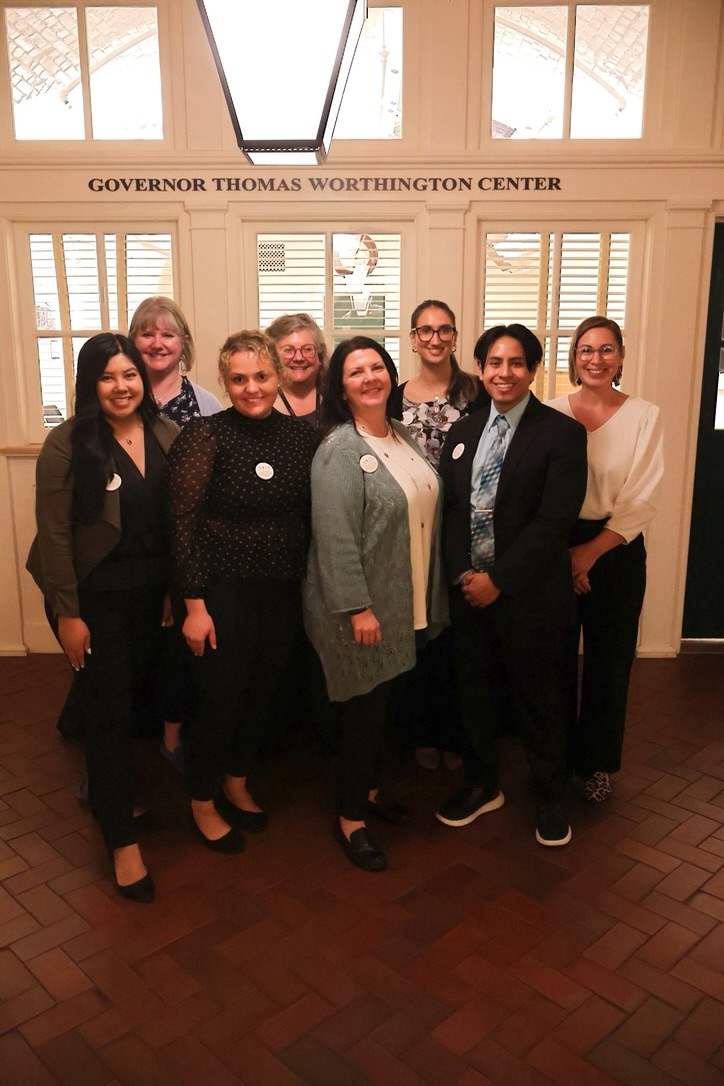
Advocacy Alert: The Copay Fairness Act Passes!
Erika Eustaquio, OTD, OTR/L
Ohio Occupational Therapy Association (OOTA) has prioritized the enactment of the Copay Fairness Act over the past three years, advocating for improved accessibility and reduced costs of skilled outpatient OT services for their patient populations. As the 135th Ohio General Assembly wrapped up its 2024 session, OOTA secured a major advocacy victory with the successful passage of this legislation!
OOTA lobbyist for thirteen years and counting, Danny Hurley brings a wealth of insight into the legislative process. His journey into this role is personal as he first became connected to the OT field through his mother, a certified occupational therapy assistant (COTA). Seeing the impact of her work made his advocacy for the profession not just a job, but a deeply meaningful mission.
About the Copay Fairness Act
Many insurance companies treat occupational therapy as a specialty service, which results in higher copayments for patients. These high copays may be a barrier to patients, deterring them from attending therapy, hindering their progress, and contributing to a higher risk of reinjury, adverse medical events, and increased reliance on pain management medications.
Introduced as House Bill 141, The Copay Fairness Act aims to fix this problem by lowering copays for OT and PT services so they match the lower costs of regular doctor visits. This legislation will make therapy more affordable, encouraging patients to commit fully to their rehabilitation, ultimately leading to better outcomes. For occupational therapy practitioners (OTPs), the legislation means improved patient access and increased engagement, maximizing the impact of skilled OT services.
From Proposal to Law
The journey of the Copay Fairness Act began with a collaboration between the American Occupational Therapy Association (AOTA) and the American Physical Therapy Association (APTA), which resulted in the development of model legislation. This model was later adopted by the Ohio Physical Therapy and Occupational Therapy Associations, paving the way for the creation of HB 141. Similar measures have been implemented in other states.
Introduced by State Representatives Jeff LaRe and Monica Blasdel, the bill quickly gained strong bipartisan support and successfully passed the Ohio House last year. However, it faced obstacles in the Senate. During the post-election lame-duck session last December, Hurley, OOTA leaders, members, lobbyists, and other collaborators worked tirelessly, dedicating countless hours and late nights to attach HB 141 to another bill, HB 315, which played a pivotal role in pushing the legislation forward. “This was the last bill they passed, and it was literally down to the wire… but we were able to overcome it in the end,” Hurley comments. This strategic move allowed for a swift vote in both chambers before the session ended. On January 2nd of this year, Governor DeWine signed the bill into law, with the measure scheduled to take effect in April!
The Impact of Advocacy
The passage of the Copay Fairness Act was made possible by the collective efforts and dedication of OTPs, patients, lobbyists, policymakers, and other advocates who are committed to ensuring fair access to skilled OT services. Hurley reflects on the advocacy efforts that drove this entire process, including OOTA’s inaugural Statehouse Day held in spring 2024.
Last spring, Hurley, together with OOTA board members, practitioners, and students, gathered at the Ohio Statehouse in Columbus to engage with legislators. They advocated for the Copay Fairness Act while also highlighting the vital contributions of the OT profession. Hurley believes that this effort played an important role in passing the legislation and looks forward to OOTA’s second Statehouse Day this spring.
“Had we not done lobby day in the Spring, I don’t know if we would have pivoted as quickly; we showed members that we cared about this” – Danny Hurley, OOTA Lobbyist
Hurley continues to credit other advocacy efforts for the success of this legislation. OOTA members also contributed by reaching out to legislators through calls and emails about the bill. Although the legislation has passed, Hurley encourages others to continue staying engaged in other aspects of legislative advocacy. “Every little action helps. If there’s an issue you’re passionate about and want the association to run with, great, we’re here. Even if you just take the time to make a two-second phone call or email, it all adds up; it all matters. It’s all about what your comfort level is.”
Thank You!
We at OOTA extend a heartfelt thank you to everyone who contributed their time, energy, and voice to make this happen. Every call, email, and engagement with your state representatives counted in this success. Your efforts truly made a difference!
But our work doesn’t stop here. We encourage all OTPs to continue engaging in policy discussions, stay informed about new legislative efforts, and keep pushing for improvements in healthcare access, our profession, and patient populations. Whether you’re joining OOTA’s advocacy initiatives, participating in policy forums, or simply sharing your personal experiences with legislators, every effort counts.
By staying involved, we can further elevate occupational therapy and ensure that every patient gets the care they deserve, enhancing quality of life and independence. Together, we’re driving meaningful change and shaping a better future for our profession and the people we serve.
Stay tuned for further details about this year’s Statehouse Day, which will take place on May 7, 2025!
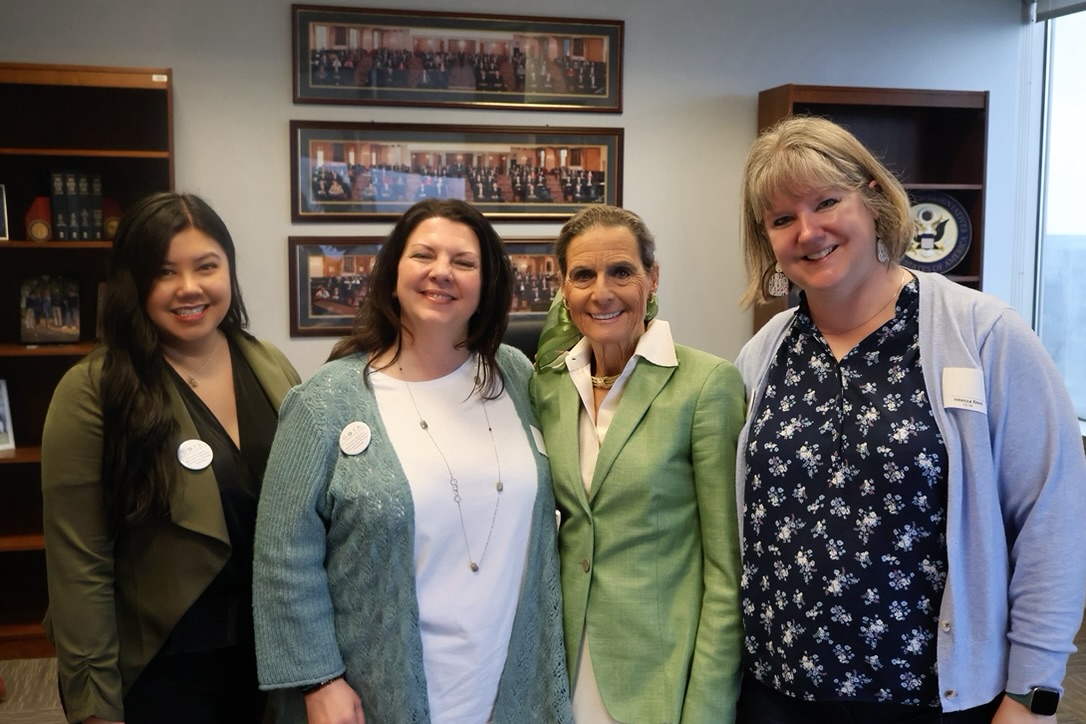

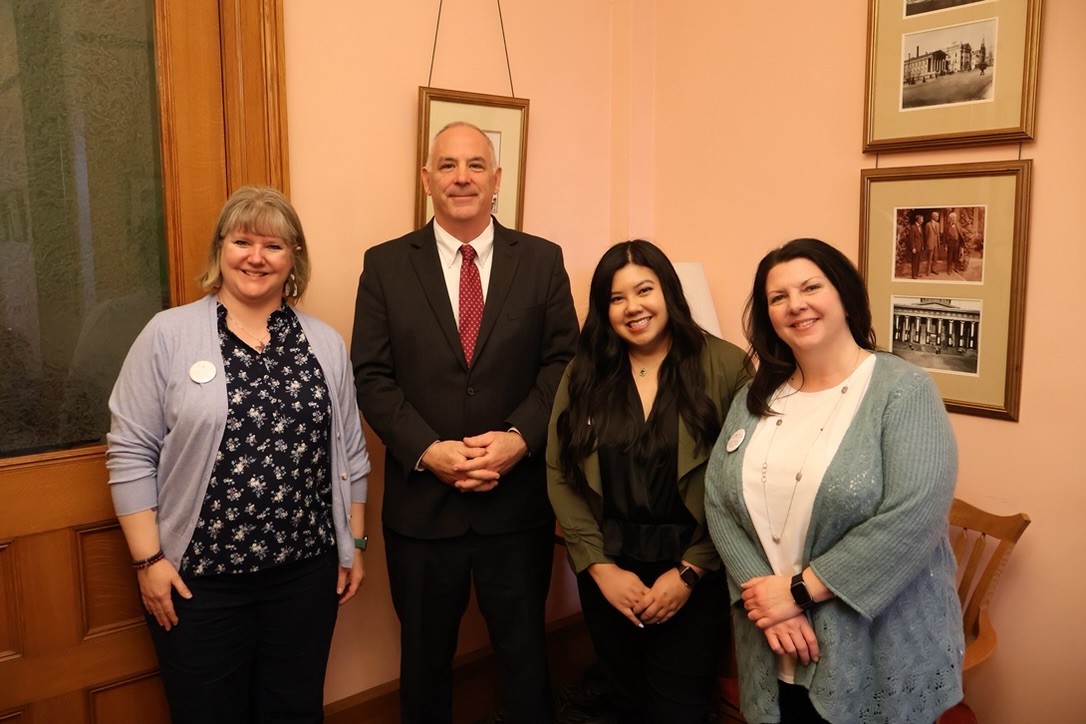

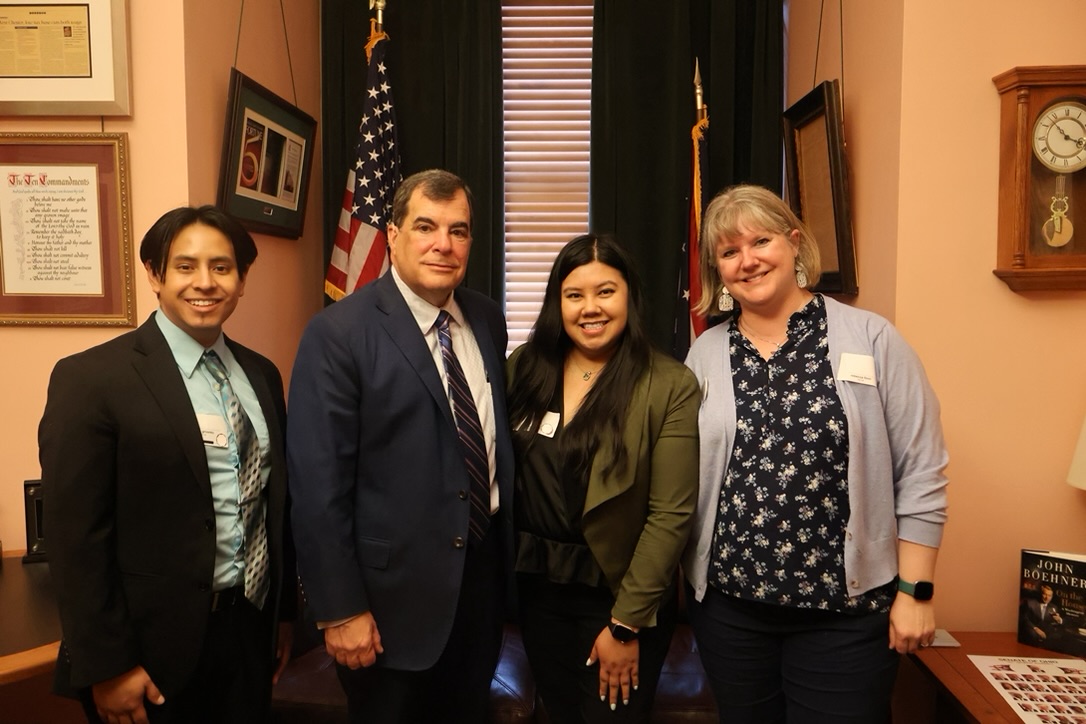

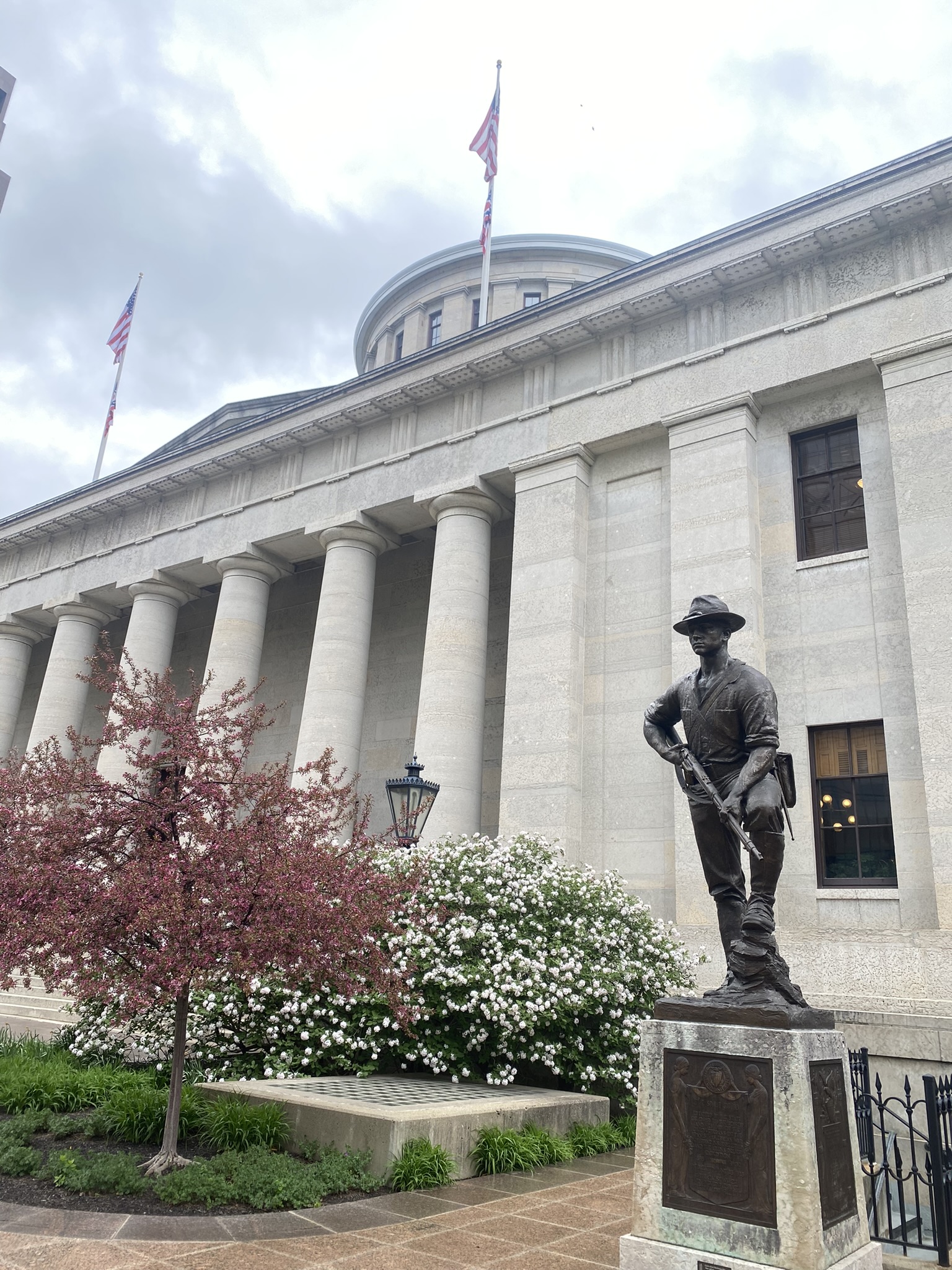




Leave a Reply